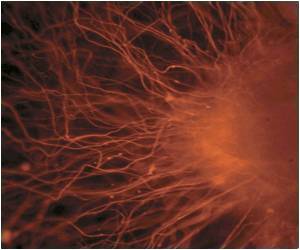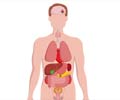Scientists have discovered the defective gene that causes kids to be born without spleen.

Bolze and his team sequenced 23 exomes – all DNA of the genome that is coding for proteins – one from each family. After filtering two public databases of genetic information for gene variations in controls, the researchers were left with more than 4,200 possible genes. To narrow this list of candidate genes further, Bolze hypothesized that the disease-causing gene would be more frequently mutated in the ICA exomes compared to control exomes. He then compared the exome sequences of the 23 ICA kindreds with exomes sequenced in the Casanova lab from 508 patients with diseases other than those caused by bacterial infections. After applying statistical algorithms, Bolze found one gene with high significance: RPSA, which normally codes for a protein found in the cell's protein-synthesizing ribosome.
"These results are very clear, as at least 50 percent of the patients carry a mutation in RPSA," says Bolze. "Moreover, every individual carrying a coding mutation in this gene lacks a spleen."
The findings, Bolze says, are surprising because the ribosome is present in every organ of the body, not just the spleen. "These results raise many questions. They open up many research paths to understand the specific role of this protein and of the ribosome in the development of organs in humans."
Source-Eurekalert
 MEDINDIA
MEDINDIA




 Email
Email










